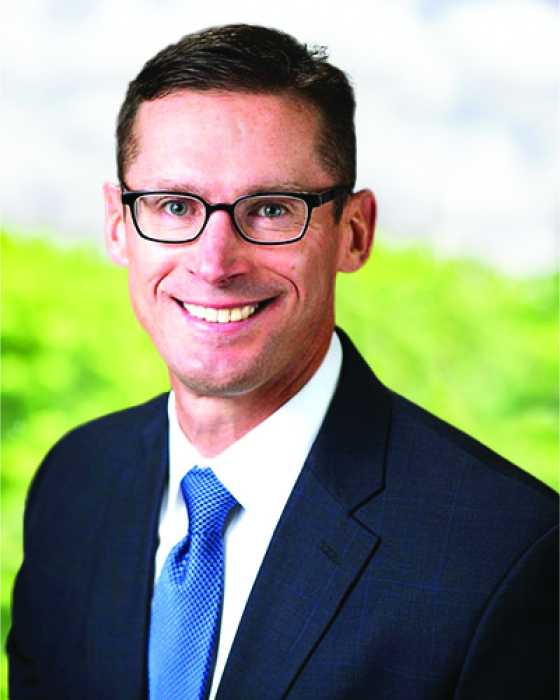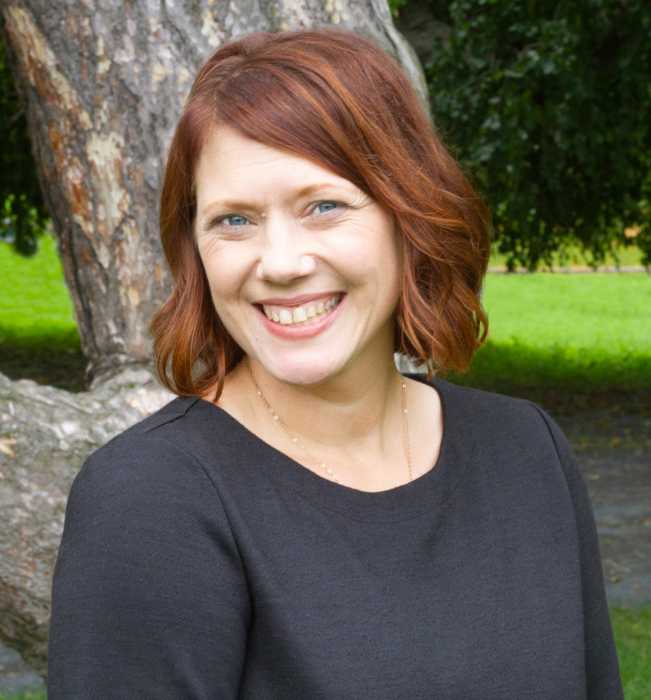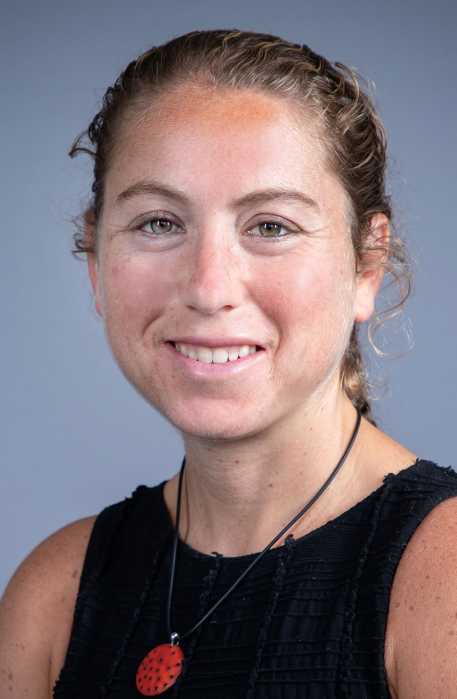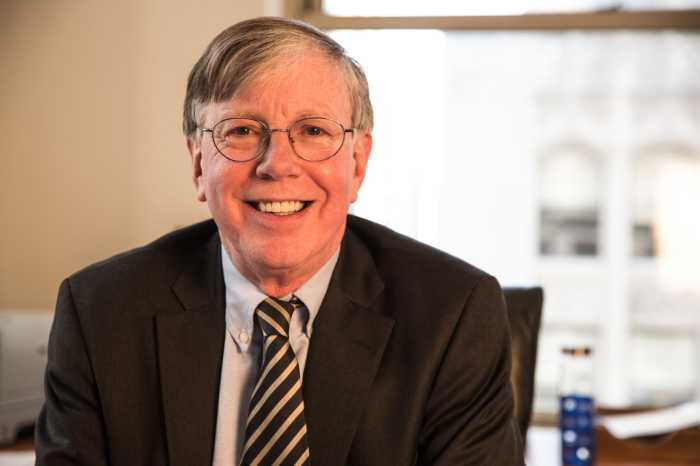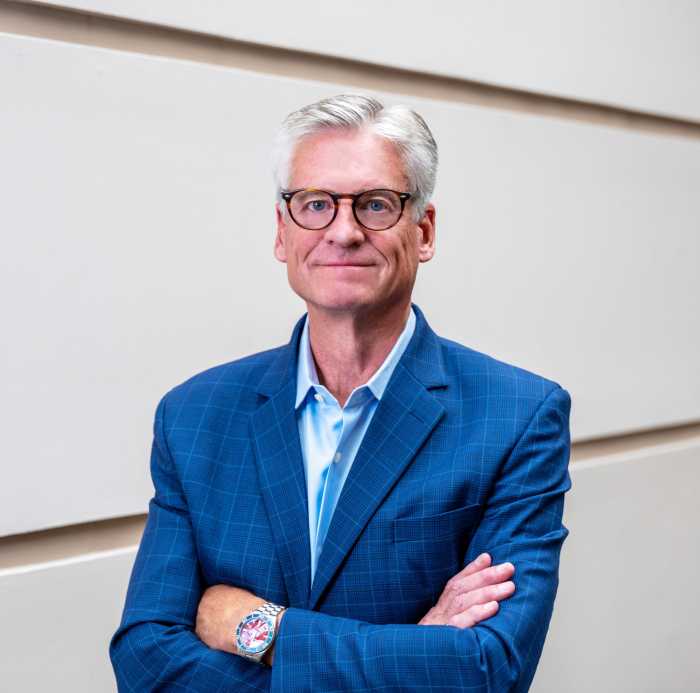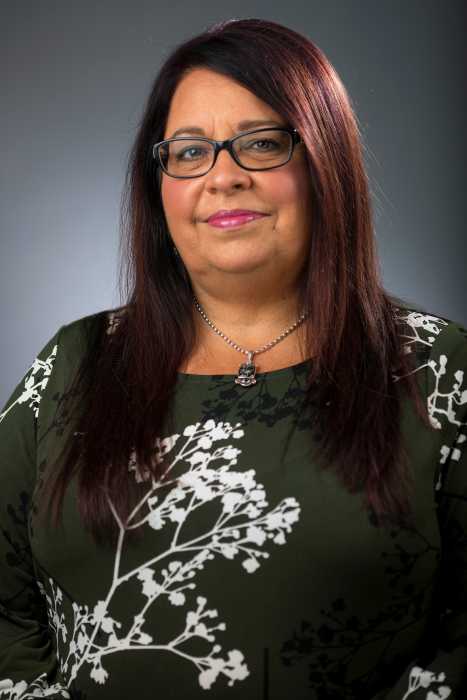Stephen B. Hanse, Esq., serves as president and CEO of the New York State Health Facilities Association/New York State Center for Assisted Living. NYSHFA/NYSCAL is a statewide association of over 450 providers of long-term care services, caring for individuals of all ages in proprietary, not-for-profit, and government-sponsored skilled nursing, post-acute, rehabilitation, adult care, and assisted living communities across New York.
Why did you decide to pursue a career in health care?
It’s been said that you make a living by what you get, but you make a life by what you give. Access to quality health care is essential for all New Yorkers and it’s truly a privilege to be able to give time and effort in a career where the focus is advancing solutions to ensure access to quality health care.
What is the biggest challenge currently facing New York’s health care system?
The two biggest challenges facing New York’s health care system include the long-term care workforce recruitment and retention crisis the state is facing and New York’s inadequate Medicaid financing for long-term care.
How can New York State ensure access to affordable health care?
New York needs to increase Medicaid reimbursement rates for skilled nursing and assisted living providers to ensure sufficient access to care throughout New York State. At $56 per patient per day, New York has one of the largest shortfalls between the cost of care of a Medicaid resident in a nursing home and what the State reimburses providers for long-term care.
What does the future of health care look like?
With the aging baby boomer generation, the future of health care in New York must focus additional resources on ensuring adequate access to long-term care services. These services include sufficient access to care in both skilled nursing and assisted living settings.


